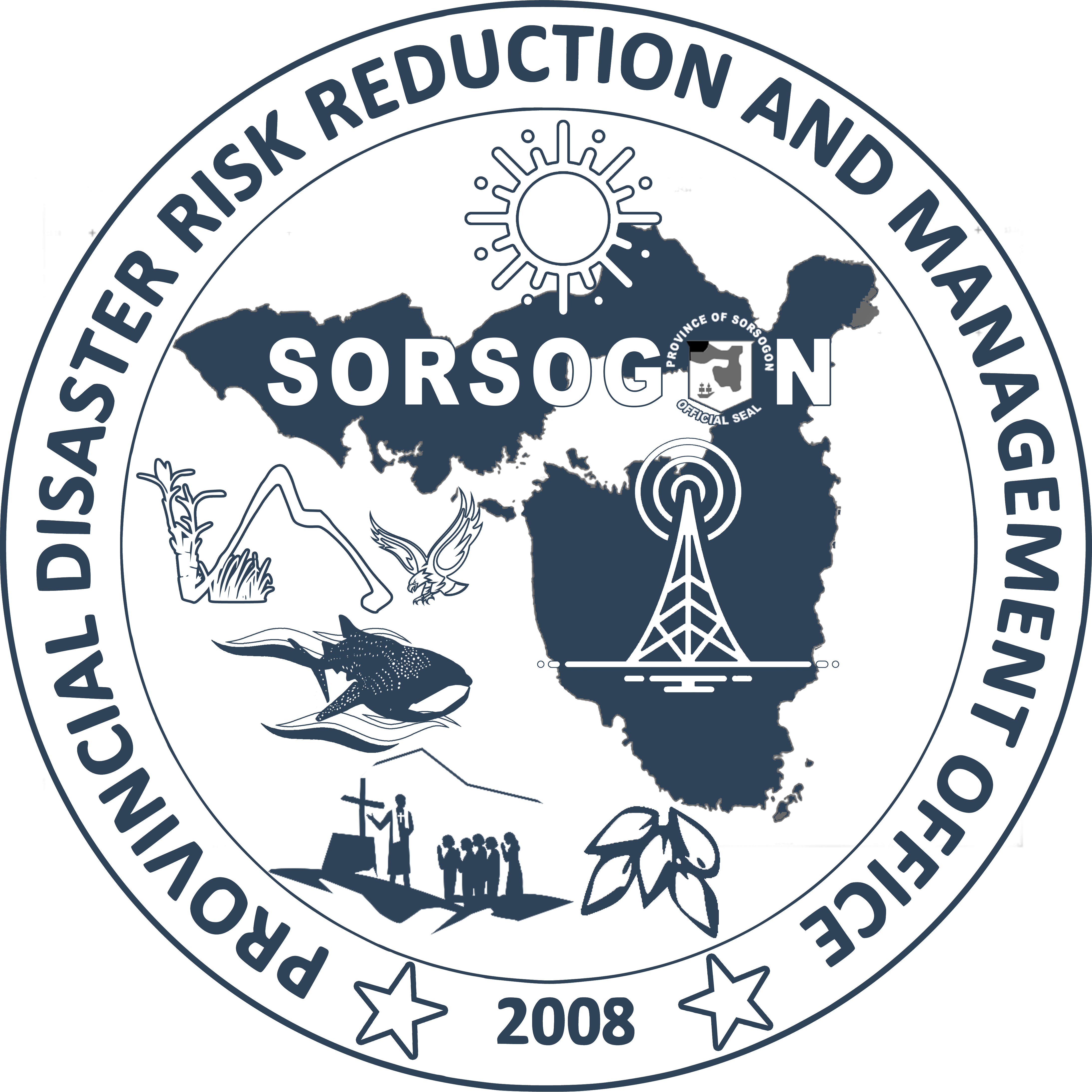Indirect volcanic hazards extend the impact of volcanic activity beyond the immediate eruption zone, influencing environments and communities on a broader scale. Large volcanic eruptions can release ash and gases into the upper atmosphere, affecting global climate patterns and leading to temporary cooling. The presence of volcanic ash can disrupt air travel, posing economic challenges and safety concerns for aviation. The destruction of agricultural lands, infrastructure, and disruption of trade routes can have lasting economic consequences for affected regions. Health issues may arise indirectly, particularly in areas where volcanic ash contaminates air and water supplies. Social displacement, resulting from forced evacuations and relocation, adds to the challenges faced by affected populations. Mitigating these indirect hazards requires long-term planning, international collaboration, and interdisciplinary strategies to address the multifaceted consequences of volcanic events.
Volcanic Hazards (Indirectly)
Indirect volcanic hazards result from the broader impacts of volcanic activity. Large eruptions can affect global climate, disrupting air travel with ash, causing economic consequences, and posing health risks due to ash contamination. Social displacement adds to the challenges faced by affected communities. Addressing these indirect hazards involves international cooperation and long-term planning beyond the immediate eruption zone.













